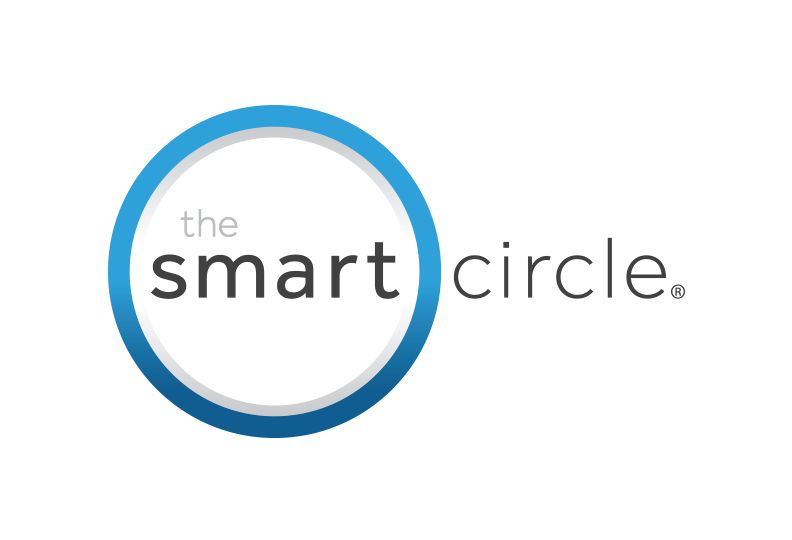Some people are morning people, some night people, some 2:00 in the afternoon people. All of us have times of day when we feel most energized, most clear headed, most capable of getting the most done. Obviously that’s the time of day you should reserve to get your most important tasks done. The problem is, some of us haven’t taken the time to figure out exactly when our most productive time is. Sometimes we get so caught up just trying to keep up we don’t realize we’re fritting away our most productive hours of the day.
You might think you’re a night person because you always found yourself burning the midnight oil while you were in school, but that may have been a consequence of the lifestyle you were leading at the time rather than a reflection of your true nature. Also as our lives evolve our most energetic, productive time of day can change too. To determine your current most productive time of day you just need to spend some time looking for patterns.
Take a week (including the weekend) and write down how you’re feeling at regular intervals throughout the day and evening. When you’re getting things done. When you have long stretches of easy concentration. Even though you’re not working, weekends can be really good for helping you figure this out because there are less defined time constraints on weekends. You can do things according to when you have the energy or the inclination to do them rather than because someone just told you that you needed to get it done yesterday.
Were there certain times of day when you found yourself steadily on-task without getting distracted by emails or Facebook or the need to get up and check out what was going on around the water cooler? If you consistently feel energetic at a certain time of day, that’s going to be your most productive time.
There’s a direct link between energy and productivity. The more energetic you feel the more productive you will be. So once you’ve figured out your most productive hours one of the keys to getting the most out of them is ensuring you’re getting enough sleep.
Once you’ve figured out when you’re most energetic and most productive you should carve out 90 minute periods to take advantage of that productive energy. Over fifty years ago Nathaniel Kleitman, a sleep scientist discovered our sleep patterns cycle through 90 minute periods where we move from deep sleep to light sleep and back again. He also discovered our bodies cycle through a similar 90 minute pattern throughout the day, moving from higher to lower alertness every 90 minutes.
Meaning, although we can work for as many hours as we make ourselves sit there working, we work really well for 90 minute stretches. So to work optimally, we should recharge every ninety minutes. We’ve talked before about the importance of breaks. Getting up from your desk, stretching your arms over your head, going for a short walk, doing some deep breathing exercises. By focusing your efforts within two ninety minute cycles or even three during your high productivity hours, you won’t believe how much you’ll get done outside of the tired zone.
Do most demanding things during high productivity. Save more mundane or rote things for your less productive hours and watch yourself get so much more done every day.
Smart Circle. Smart Sales. Smart Opportunity.
To learn more about the Smart Circle Sales Network, visit How We Do It
You can also find us on Facebook, Twitter, LinkedIn, Google+, and Instagram.





